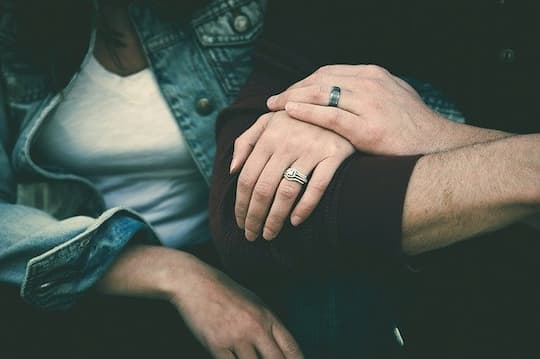Children, pets, video calls with friends and even working outside the house did nothing to increase people’s sense of social connection during the pandemic.
People’s partners provide the best buffer against social disconnection due to the pandemic, new research finds.
Romantic partners help keep each other’s well-being from taking a knock from social isolation.
In contrast, chatting with friends on Facetime and any number of children and pets have little effect on making people feel socially connected.
In other words, it doesn’t matter how big your household is, it’s all down to the quality of the connection.
The research affirms the importance of romantic partners for mental well-being.
Ms Karynna Okabe-Miyamoto, the study’s first author, said:
“Research prior to the pandemic has long shown that partners are one of the strongest predictors of social connection and well-being.
And our research during the current COVID-19 pandemic has shown the same.
Living with a partner uniquely buffered declines in social connection during the early phases of the pandemic.”
For the study, almost 1,000 people in Canada and the UK answered questions about their feelings of social connectedness both before and during the pandemic.
They rated statements like:
- “I felt close and connected with other people who are important to me.”
- “People are around me, but not with me.”
People living with romantic partners gave higher ratings to their levels of social connection after social distancing measures took hold, the results showed.
However, children, pets, video calls with friends and even working outside the house did nothing to increase people’s sense of social connection.
The authors write:
“Living with a partner — but not how many people or who else one lives with — appeared to confer benefit during these uncertain and unprecedented times.”
How to deal with pandemic stress
The four most common strategies people are using to deal with the pandemic are:
- checking in with loved ones,
- increased exercise,
- limiting news exposure,
- and performing acts of kindness.
→ Read on: the best ways to deal with COVID stress and what social distancing does to brain and body.
The study was published in the journal PLOS ONE (Okabe-Miyamoto et al., 2021).

